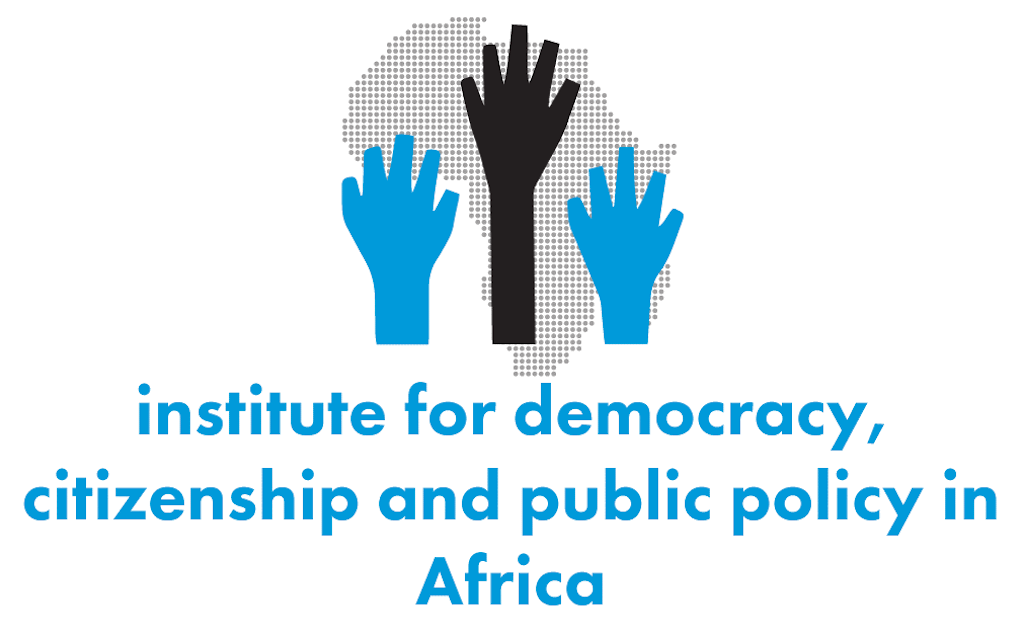Our research into public policy continues to focus primarily on social policy, including specifically social protection policy, especially in Zambia and Botswana as well as South Africa.
The team’s detailed assessment of social protection responses to COVID-19 in South Africa was published early in the year by the Centre for Growth and Development in Washington DC. In addition to an analysis of programmatic reform, the report also included analysis of reforms to application and payment systems (by Lena Gronbach), of survey data on beneficiaries (by Jeremy Seekings) and of new qualitative data on applicants for the emergency COVID-19 Social Relief of Distress Grant (by Vayda Megannon, assisted by Thobani Ncapai). Vayda (with Thobani) continued her research through re-interviewing beneficiaries in Cape Town and the rural Eastern Cape.
Following on from this, the team was contracted by the World Bank to conduct a similar study of Botswana. The report, completed late in the year, comprised analysis of the programmatic and payment system reform (by Jeremy Seekings and Lena Gronbach) as well as a preliminary study of the experiences and attitudes of members of the public (by Winnie Arthur). Extended fieldwork in August and September also resulted in a draft study (by Jeremy Seekings) of the attitudes of government officials at the district and sub-district level.
Hangala Siachiwena continues to work on policy-making and implementation in Zambia and Malawi. A chapter from his PhD on Malawi was published in Development Policy Review. Hangala addressed a forum, on social protection, in Lusaka organized by the Frederich Ebert Stiftung (photo below).
Hangala and Winnie Arthur together fielded a mini-survey in the Kamanga neighbourhood of Lusaka in July 2022 (photo above). This mini-survey largely replicated Winnie’s prior mini-survey in Site C, Khayelitsha (Cape Town). It focused on attitudes towards social grants and other government programmes. The mini-survey was conducted with three goals in mind: to assess citizens’ preferences between programmes and designs, to probe perceptions of the politicization of social protection, and to interrogate how citizens perceive the deservingness of others. In addition, the mini-survey – conducted with Isaac Kabalenga and Cleopas Sambo of the National University of Zambia (UNZA) – served as a pilot for a possible national survey in Zambia. A Working Paper on the findings will be published in early 2023. Meanwhile, Winnie also made progress in her analysis of the data from her earlier mini-survey in Cape Town, and prepared for further fieldwork in Botswana. Jeremy Seekings published a paper surveying the evidence on elite and popular attitudes to social protection in Africa.
In April, Professor Ndangwa Noyoo organized an online workshop on the legacy of Dr Zola Skweyiya who, inter alia, served as South Africa’s Minister of Social Development from 1999 to 2009.
The Institute was also involved in organizing a series of online workshops where new research on the politics of social protection in Africa was presented, including by researchers from the Institute. A series of four online workshops were organized in May, followed by an online session of the UK Development Studies Association’s annual conference in July. Some of the papers presented at these workshops were later submitted for a prospective special issue of the journal Social Policy and Administration, on ‘States, Citizens and Social Protection in Africa’. A total of twelve papers were submitted in late 2022, covering cases from West, East and Southern Africa.
Other research into public policy included work on health policy and practice in South Africa (by Jeremy Seekings and Nicoli Nattrass) and on aspects of cross-border migration (by Sikanyiso Masuku).
